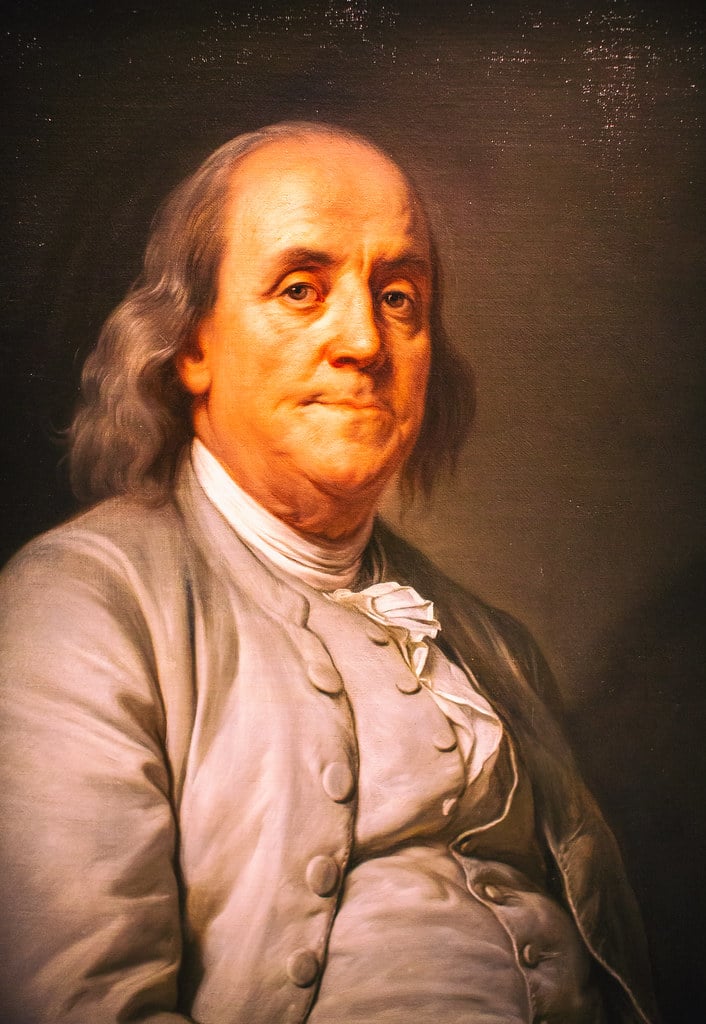Some claim we are a democracy. Others a constitutional republic. Many find it difficult to reconcile the differences.
There are those who might agree that our rule of law is based around the Constitution, but completely disagree about how the Constitution should be construed and how we approach jurisprudence.
Political economist Joseph Schumpeter has stated:
“Evidently the will of the majority is the will of the majority and not the will of ‘the people.’ The latter is a mosaic that the former completely fails to “represent.”
“The typical citizen drops down to a lower level of mental performance as soon as he enters the political field. He argues and analyzes in a way which he would readily recognize as infantile within the sphere of his real interests. He becomes primitive again.”
“There exists no more democratic institution than the market.”
I assert we are neither a democracy nor a constitutional republic. De facto, we are a kakistocracy, a word derived from the Greeks and defined as a government run by the worst, least qualified or most unscrupulous people.
If we were honest people, we would acknowledge that our foundational principles—well documented in the extensive correspondence we were left as an inheritance—required us to be a virtuous people electing other virtuous people, decentralizing limited authority that required broad consensus and an inviolate promise to never encroach upon our civil liberties. That was the United States of America.
It seems very difficult for people to comprehend and understand the fragile nature of our founding. Thirteen colonies who agreed on very little all became signatories to a Declaration of Independence. Since the British monarchy chose to ignore a petitioned list of grievances, a disenfranchised people refused to remain disenfranchised.
A nation was not really born from the American Revolution. There was agreement with respect to the Articles of Confederation that the states would enter into a “league of friendship.
There was an extreme distrust for centralized authority. The advocates of the Constitution spent about two years convincing all thirteen states to ratify the Constitution. There were the Federalists and the Anti-Federalists. The Federalists wrote a series of essays, the Federalist Papers, to convince skeptical convention delegates that a central government would not violate their state sovereignty and that multiple layers of checks and balances would serve as a constraint against the centralization of power. Except for a few, well defined and specifically enumerated rights, everything else would be left to the states and the people. A few argued that ultimately the people would have the final vote, through nullification.
Benjamin Franklin stated famously that this government was a republic—if we can keep. There is the catch! A republic if we can cherish it, nurture it.
How do we accomplish that? By being a virtuous people who elect other virtuous people. Benjamin Franklin insisted that we must be well-informed, well-educated and knowledgeable, and virtuous. Those are the prerequisites for avoiding tyranny. (And that we should beware of learned blockheads.)
Maybe the wisdom of Benjamin Franklin came from his being an inquisitive and curious mind who was also self-educated. Maybe our public schools today do not educate but instead produce mostly people who can neither read, nor write, nor do math, nor think logically but still somehow graduate with these mediocre to poor cognitive skills. Frankly, the schools produce learned blockheads.
Hence, a poorly educated people have wasted and dissipated an inheritance. A constitutional republic was ratified, but it was not preserved. We have morphed into a kakistocracy. And this kakistocracy has morphed our system which once celebrated political freedom, economic freedom, and inalienable rights into a corrupt, corporatist, crony cartel.
What other outcome should we expect by electing the worst, by electing the least qualified and by electing the unscrupulous?
As Benjamin Franklin said, “We are all born ignorant, but one must work hard to remain stupid.”
Economist Ludwig von Mises wrote:
“The worship of the state is the worship of force. There is no more dangerous menace to civilization than a government of incompetent, corrupt, or vile men. The worst evils which mankind ever had to endure were inflicted by governments.”
If people truly want democracy, only markets are democratic. Only in the marketplace does the will of the people—the will of the individual—rule supreme.
Our political marketplace has produced a kakistocracy which can only be maintained by force and coercion. An uninformed people devoid of virtue elected kakistocrats to construct that road to serfdom.
If the school system (notice I avoid the use of the term, “education system”) or surveillance companies so obsessed with misinformation permit the use of any term to describe our government other than kakistocracy then I question their commitment to truly looking to mitigate the transmission of lies.
I assert it is an indisputable fact that we live in a kakistocracy. My evidence? Watch C-Span. Listen for about five minutes to any politician’s speeches. Read Twitter. I believe it to be a self-evident fact.
































